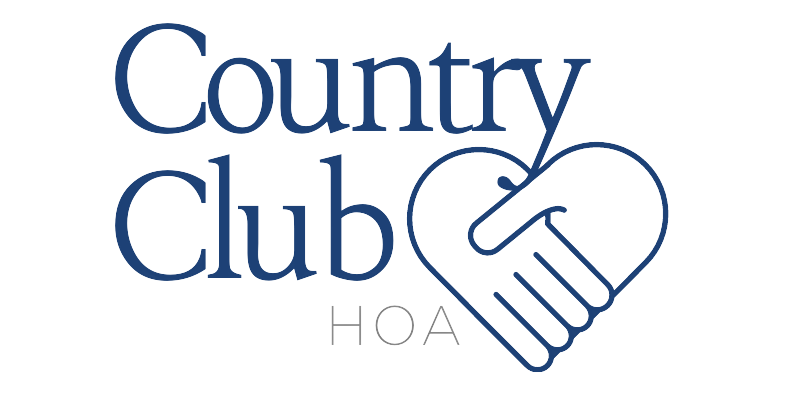Fires
While Palmer Park is a beautiful asset to the area, it is also one of the greatest dangers to our neighborhood. Because of its terrain and vegetation, fire mitigation efforts at the park are difficult. Palmer Park is at the top of the city's "red zone," which means the risk of wildfires at the park is extremely high. To see your homes wildfire risk, please visit the Wildfire Risk Assessment Site.
We would like all of our home-owners to be aware of the danger from wildfires. The city of Colorado Springs maintains a website with information about wildfires, and how to protect your family and property. Please take the time to visit the Wildfire Mitigation site to keep yourself informed.
March 24, 2022 Fire Mitigation Meeting
Presented by the Colorado Springs Fire Department
Mitigation Tax Credit
Income 65: Wildfire Mitigation Measures Subtraction
The map below is the fire departments risk map of our neighborhood. View more here.
Outdoor Fires
-
Propane and charcoal BBQ grills must only be used outdoors. If used indoors, or in any enclosed spaces such as tents, they pose both a fire hazard and the risk of exposing occupants to toxic gases and potential asphyxiation.
Position the grill well away from siding, deck railing, and out from under eaves and overhanging branches.
Place the grill a safe distance from lawn games, play areas, and foot traffic.
Keep children and pets from the grill area: keep a 3-foot "safe zone" around the grill.
Use long-handled grilling tools to give the chef plenty of clearance from heat and flames when cooking.
Periodically remove grease or fat buildup in trays below the grill so it cannot be ignited by a hot grill.
-
Buy the proper starter fluid and store out of reach of children and away from heat sources.
Never add charcoal starter fluid when coals or kindling have already been ignited, and never use any flammable or combustible liquid other than charcoal starter fluid to get the fire going.
-
Check the propane cylinder hose for leaks before using it for the first time each year. A light soap and water solution applied to the hose will reveal escaping propane quickly by releasing bubbles.
If you determined your grill has a gas leak by smell or the “soapy bubble test” and there is no flame:
Turn off the propane tank and grill.
If the leak stops, get the grill serviced by a professional before using it again.
If the leak does not stop, call the fire department.
Use only equipment bearing the mark of an independent testing laboratory. Follow manufacturers' instructions on how to set up the grill and maintain it.
Never store propane cylinders in buildings or garages. If you store a gas grill inside during the winter, disconnect the cylinder and leave it outside.
-
Keep away from flammable material and fluids such as gasoline, diesel fuel, kerosene, and charcoal lighter fluid or vehicles while in use.
Do not use flammable fluids such as gasoline, alcohol, diesel fuel, kerosene, and charcoal lighter fluid to light or relight fires.
Always use a spark arrestor to prevent sparks from starting nearby fires.
Do not locate fire pit under tree branches. Only situate fire pits in an open area with no trees, bushes, vegetation, or structures nearby.
Exercise the same precautions you would with an open fire.
Do not allow children to use the fire pit. Keep children and pets away.
Do not wear flammable or loose-fitting clothing such as nylon.
Do not burn trash, leaves, paper, cardboard, or plywood. Avoid using soft wood such as pine or cedar that likely pop and throw sparks. Use of seasoned hardwood is suggested.
Before starting the fire, make sure that the lid will still close to extinguish the fire in case of emergency. Do not overload.
Before you light the fire, check the wind direction.
Keep a fire extinguisher or garden hose nearby.



